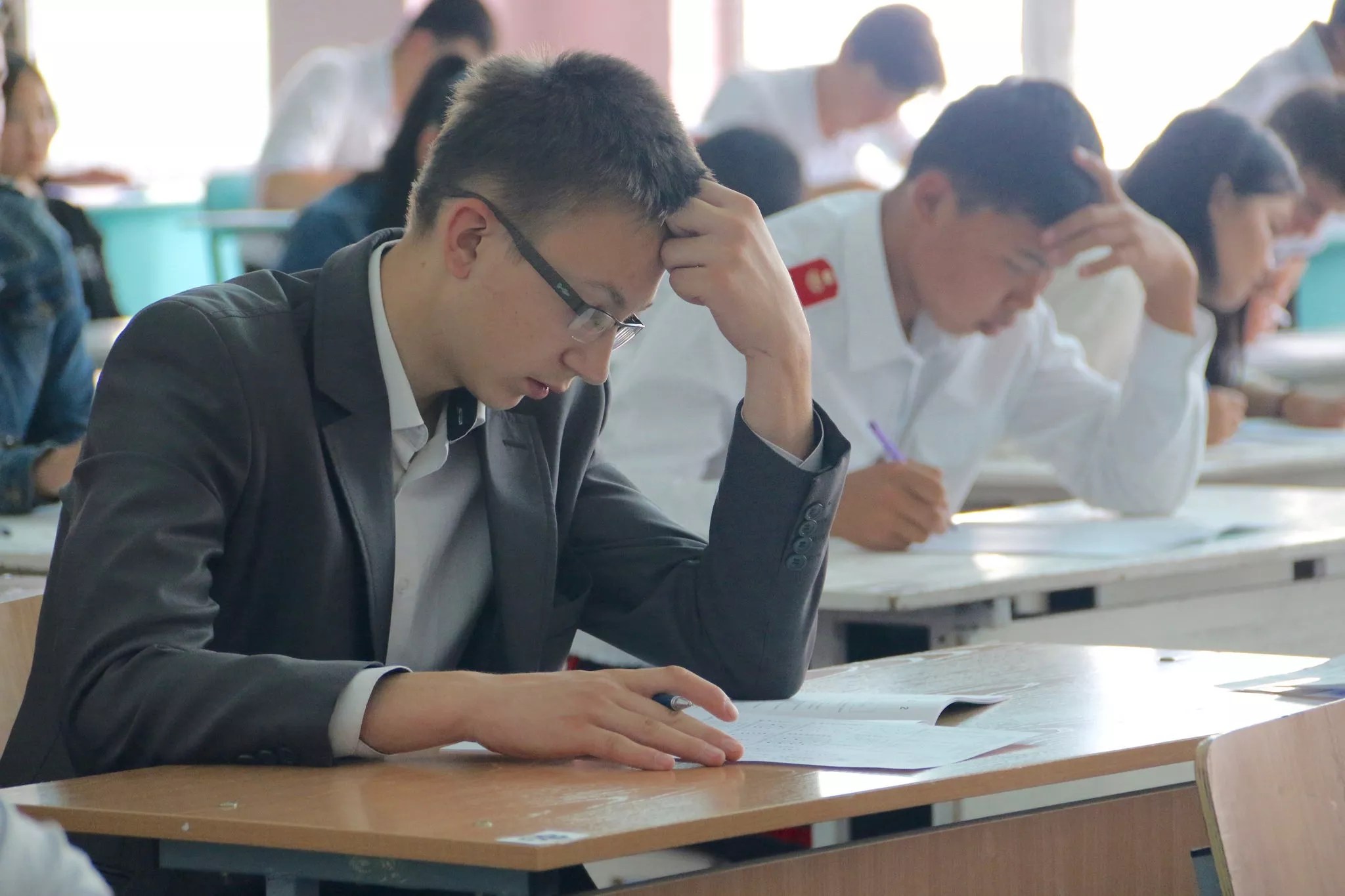
Audio By Carbonatix
An Arizona State University student from China faces a federal conspiracy charge for allegedly faking her way into the school by hiring an imposter to take a required English-proficiency test.
Xiaomeng Cheng, 21, was arrested in Arizona earlier this month by U.S. Immigration and Customs Enforcement’s Homeland Security Investigations along with three other Chinese nationals in Massachusetts and Pennsylvania.
Last week, authorities at a Massachusetts U.S. District Court hearing cleared the way for Cheng to travel to Boston for further court proceedings, including her initial appearance hearing, despite the fact that her passport has been seized. No new court date has been set yet in her case.
Cheng, who was released on her personal recognizance after her May 4 arrest, did not respond to an e-mail sent to her ASU account.
“Illegal schemes to circumvent the TOEFL exam jeopardize both academic integrity and our country’s student visa program.” — William Weinreb, acting Massachusetts U.S. Attorney.
Online ASU records show that she is an undergraduate studying accountancy at the W.P. Carey School of Business in Tempe.
But according to the feds, she is not actually qualified to attend ASU, or to be in the country.
To obtain an F-1 student non-immigrant visa, would-be students from other countries must pass a Test of English as a Foreign Language (TOEFL), which are administered at various testing sites around the world.
Each school has its own TOEFL standard, with more prestigious schools requiring a higher score for entrance.
ASU requires foreign students to achieve a TOEFL score of 61 or higher.
Cheng took the test in June, August, and October 2014, each time failing to achieve at least a 61, court records state.
On March 18, 2016, she tried again at a testing site in Massachusetts. She scored a 91 this time, allowing her to obtain a student visa and enroll at ASU.
Federal authorities claim that she cheated.
Two months after Cheng’s successful test, Homeland Security agents in Boston received a tip that led them to Yue Wang, a 25-year-old Chinese student at Hult International Business School in Cambridge, Massachusetts.
Wang reportedly confessed to taking tests for Cheng and two other Chinese students, Northeastern University student Shikun Zhang, 24, and Pennsylvania State University student Leyi Huang, 21.
Cheng paid Wang $1,000, records show. Zhang and Huang paid Wang $3,000 each for their tests; their schools require TOEFL scores of 92 and 80, respectively.
Wang also allegedly admitted to negotiating a payment of $900 to “YY,” an unidentified, paid test-taker who had been preparing to cheat on behalf of another student.
The fakers would borrow a paying student’s passport and test-taking account information to fool the testing facility, records show.
Wang told authorities during a May 24, 2016, interview that she paid YY to take a test because she had heard about some fraudulent test-takers being arrested.
It’s unclear which case the woman means, but similar cases have cropped up in the past few years.
In spring 2015, a federal grand jury indicted 15 Chinese nationals for conspiracy related to imposters taking TOEFLS, Scholastic Aptitude Tests (SAT), and Graduate Record Examinations (GRE) in Pittsburgh.
Degrees from American schools are in high demand in China, according to online news reports. About 300,000 students from China are enrolled in U.S. universities and colleges. Most are hard-working, honest types. But the high pressure to pursue a degree – combined with the desire by U.S. schools for overseas tuition money – helps keep cheaters in business.
Although at least three defendants from the 2015 case are listed as fugitives, others pleaded guilty to conspiracy, received one year of probation, and were deported.
One of the convicted test-takers who received probation, Yunlin Sun, is married to an American man and was apparently allowed to stay in the country. She was working as a highway engineer at the time of her arrest.
“Defendant profited little from her criminal activity,” Sun’s lawyer wrote to a judge. “She is not really sure why she did it.”
Cheng’s Boston attorney, Paul Davenport, didn’t return a call.
“Illegal schemes to circumvent the TOEFL exam jeopardize both academic integrity and our country’s student visa program,” William Weinreb, Acting Massachusetts U.S. Attorney, said in a written statement about the most recent arrests.
“By effectively purchasing passing scores, they violated the rules and regulations of the exam, taking spots at U.S. colleges and universities that could have gone to others.”
